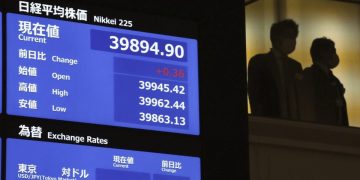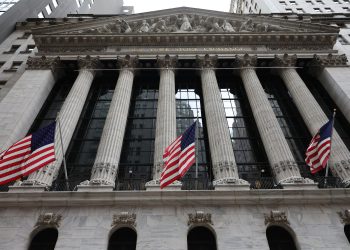The ongoing artificial intelligence, or AI, arms race has seemingly ushered in a new era of technological innovation and stock market growth.
“We expect the AI market to reach over half a trillion dollars in value in 2024 even amid a slowdown in venture capital funding, as organizations across various sectors adopt AI to enhance efficiency, cut costs and enhance customer experiences,” says Tejas Dessai, assistant vice president and research analyst at Global X ETFs.
The AI race has also sparked a series of high-profile legal conflicts, however. In January, the U.S. Federal Trade Commission, or FTC, launched an inquiry into corporate partnerships and investments with AI providers, with the goal of assessing the nature of their relationships and possible competitive impacts.
This scrutiny led to compulsory orders being sent to five companies, notably including mega-cap publicly traded tech firms such as Alphabet Inc. (ticker: GOOG, GOOGL), Amazon.com Inc. (AMZN) and Microsoft Corp. (MSFT), which owns a substantial stake in ChatGPT-maker OpenAI.
Adding to the drama, Elon Musk, the CEO of Tesla Inc. (TSLA) and X (formerly Twitter), has launched a lawsuit against OpenAI and its CEO, Sam Altman. Musk alleges that OpenAI – initially funded by him under the premise of remaining a nonprofit for public benefit – has deviated from its mission by fostering a close relationship with Microsoft, contrary to the founding agreement’s intent for open code access.



























































